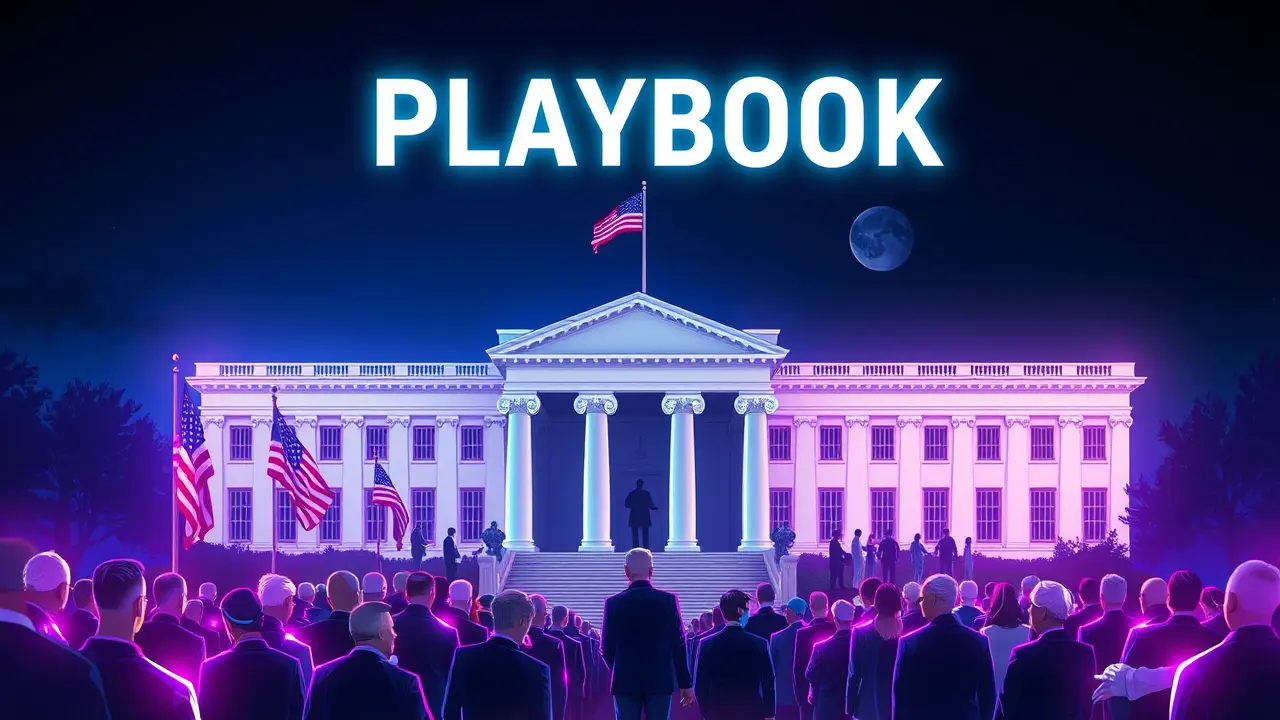
Politicsgovernments & cabinetsPolicy Agendas
Trump's Most Disruptive and Surprising Presidential Moves Analyzed
MA
Mark Johnson
3 days ago7 min read
Let's break down the playbook, because what we witnessed wasn't just a presidency; it was a permanent campaign waged from the Oval Office, a masterclass in political disruption that left the established guard reeling. Think of it not as a series of policy failures or successes in the traditional sense, but as a relentless offensive against the very institutions that have long defined American governance.The first major shockwave, the one that truly signaled this would be unlike any administration before it, was the systematic hollowing out of the federal bureaucracy. This wasn't mere downsizing; it was a strategic deployment of 'acting' officials across key agencies, bypassing the Senate's advice and consent with the precision of a political operative who viewed confirmation hearings as enemy territory.The message was clear: loyalty to the President's agenda trumped institutional knowledge, expertise, and even the rule of law itself. Then came the assault on Congress, a co-equal branch suddenly treated as a subordinate, its subpoenas ignored, its oversight powers mocked publicly on Twitter.The impeachment battles were not constitutional crises in the old, solemn sense; they were political firefights, media spectacles orchestrated to galvanize a base and paint the opposition as hysterical. The surprise wasn't the acquittal—it was the sheer effectiveness of the strategy to frame the entire process as a partisan witch hunt from day one, a narrative that stuck with devastating effect.And who could forget the foreign policy gambits, the ones that left allies in Europe and Asia utterly bewildered? Withdrawing from the Trans-Pacific Partnership and the Paris Accord weren't just policy reversals; they were symbolic withdrawals from America's post-war leadership role, executed with a transactional bravado that prized bilateral deals and 'America First' rhetoric over decades of multilateral consensus. The move to engage directly with North Korea's Kim Jong-un, bypassing layers of diplomatic protocol, was a high-risk, high-reward play straight out of a reality TV playbook—unpredictable, media-dominating, and designed to show a strongman breaking the mold.Domestically, the tax cuts were a classic political maneuver, delivering immediate, tangible benefits to corporate America and a significant portion of the electorate, while the relentless judicial appointments, culminating in a reshaped Supreme Court, represented a long-term ideological victory that will outlast any single presidential term. The truly surprising element throughout was the method: the constant state of political combat, the use of social media as a direct-to-voter cannon to bypass a skeptical press corps, and the normalization of rhetoric that would have ended any other political career.Analysts like myself, who cut our teeth on campaign trails, watched in awe at the execution of a strategy that treated governance as an extension of the campaign, where every day was a new battle in a permanent war for public opinion. The consequences are a nation more polarized than ever, with trust in institutions at a historic low and a political landscape where the old rules no longer seem to apply. The playbook has been written, and every future candidate, from either side of the aisle, will have to decide whether to run against it or learn from its brutally effective, deeply disruptive lessons.
#editorial picks news
#Donald Trump
#presidential actions
#disruptive policies
#US politics
#government impact
#political analysis
Stay Informed. Act Smarter.
Get weekly highlights, major headlines, and expert insights — then put your knowledge to work in our live prediction markets.
Comments
It’s quiet here...Start the conversation by leaving the first comment.
© 2025 Outpoll Service LTD. All rights reserved.